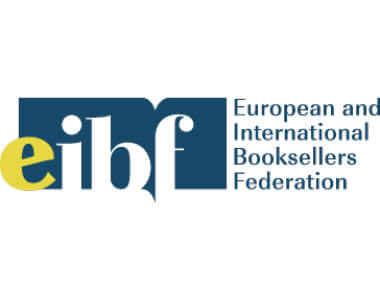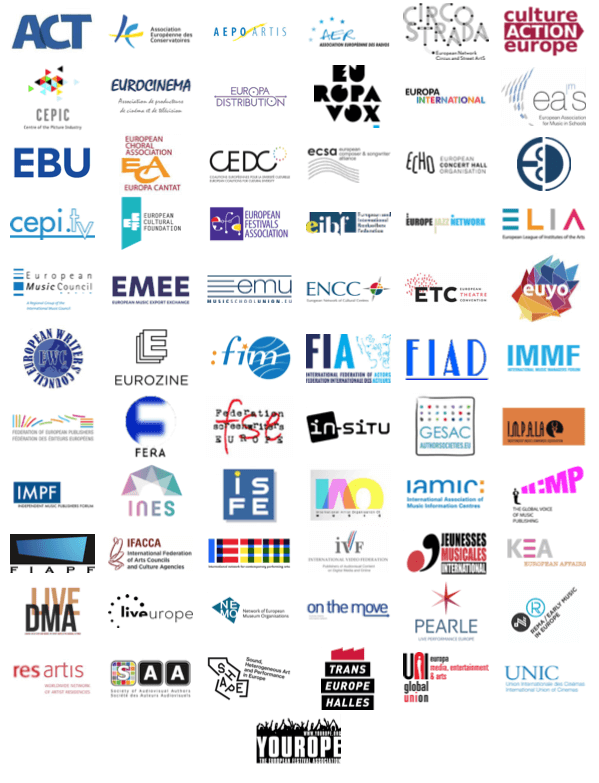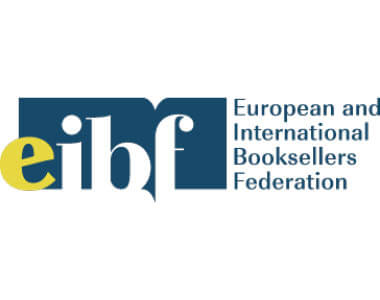FRANCOISE DUBRUILLE WILL BE STEPPING DOWN FROM HER POSITION AS EIBF DIRECTOR ON 18 APRIL 2019, AFTER AN 18-YEAR CAREER WITH EIBF

Discussing her decision, Fran Dubruille said she has “very much enjoyed” her time with EIBF, but added that this was the right moment to move on and concentrate on other projects.
“EIBF represents the longest and most important commitment in my career and I’ve had the huge privilege of working within a community of highly committed booksellers and representatives of booksellers associations. I have learned so much from them and made many lifelong friends that I will definitely stay in touch with. I would particularly like to highlight the extraordinary engagement of EIBF Executive Committee Members over the years, led at various stages by Doris Stockmann, the late John Mc Namee and currently Jean-Luc Treutenaere and Fabian Paagman. It would be unfair not to mention our International colleagues from outside of Europe and the constant support we have got from the US, Russia, Australia, to name but a few.
Whilst I am of course extremely sad to leave all my friends in the bookselling industry, this decision has been energizing. Over the last eighteen months, I have been maturing a couple of personal projects which I now need to dedicate more time to”
Jean-Luc Treutenaere, co-President, commented: “It’s been a great pleasure to work with Françoise all these years. She’s not only a perfect specialist in lobbying, but she has always been very close to her staff, and to the members of EIBF. Good work and good laughs at the same time. I have learned a lot from her and I will miss her, but I know that she will be beginning her new life with energy, plenty of projects. In the next few months, she will complete the handing on of her knowledge to her colleague, Julie Belgrado, and I’m convinced that EIBF will remain a strong organisation willing and able to promote and defend booksellers’ interests.”
Co-President Fabian Paagman added: “Although we regret Francoise’s decision to leave EIBF, we also have the greatest respect for this new chapter she wishes to write in the story of her professional career. Booksellers in Europe and throughout the international community will miss her dearly, but we are very thankful that Francoise will leave while the organisation is in great shape and has a bright future ahead. We look forward to working on a smooth transition of her work with team member Julie Belgrado in the coming months.”
Julie Belgrado added: “Working with Françoise over the past three years has been a real privilege and a very enriching experience. From the very beginning, she has focussed on transmitting her passion for the bookselling sector, for booksellers and for defending their interests. Although I am very happy that she is moving on to new challenges, I am also saddened to see an exceptional Director leaving, a great colleague and most importantly, a friend. Taking over from Françoise and walking in her footsteps will be a challenge, which I am ready to take up. I thank the EIBF co-Presidents for putting their trust in me and Françoise for believing in me since the very first day. I will do my best to bring continuity to EIBF, dedicate my time to its members and serve the booksellers’ interests.”



